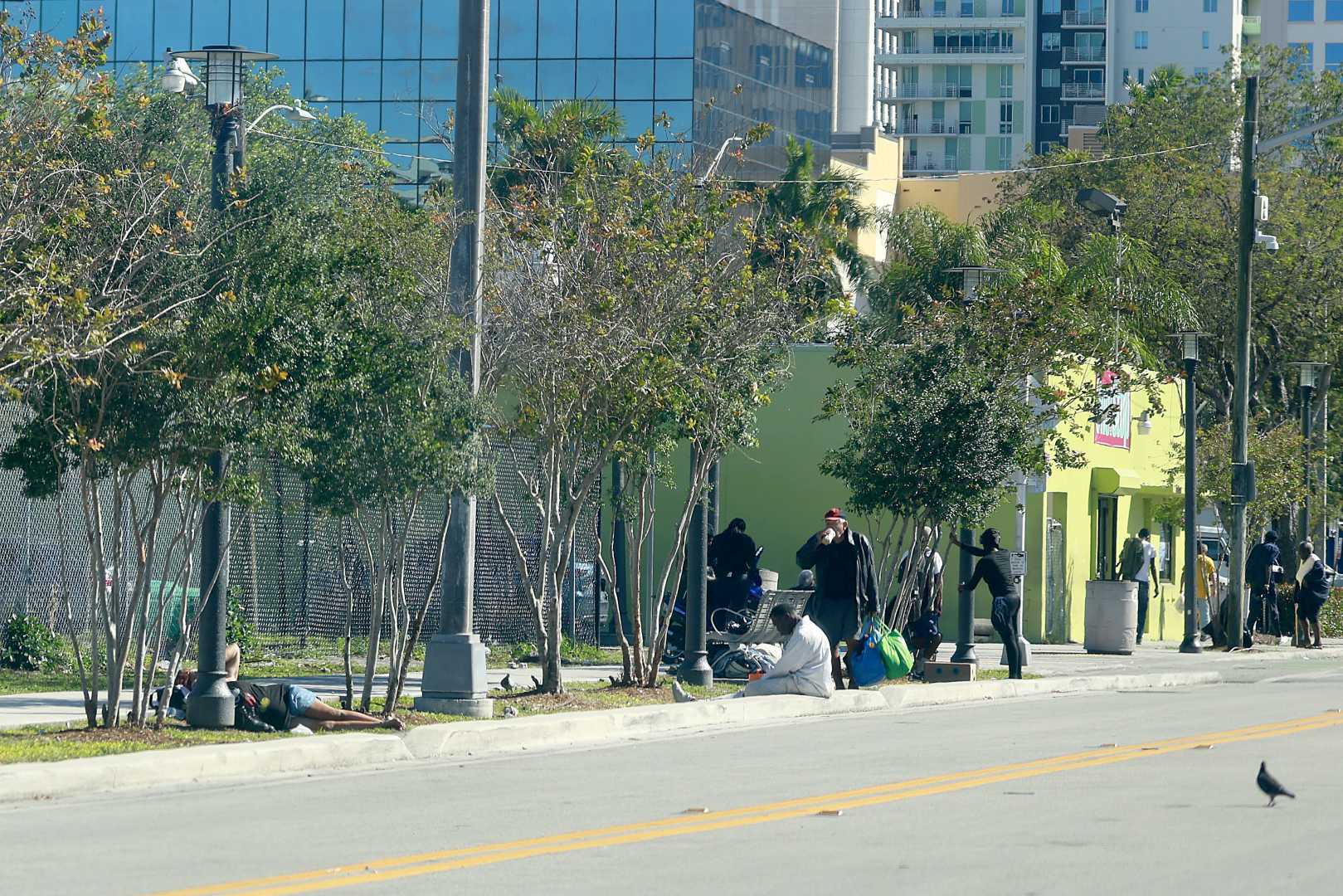Politics
Fort Lauderdale Mayor Warns of Legal Challenges Amid New Homelessness Legislation

Fort Lauderdale‘s mayor, Dean Trantalis, has expressed significant concerns regarding a new state law that penalizes public sleeping for homeless individuals. The legislation, which will come into effect on October 1, aims to address homelessness but is anticipated to result in a “tsunami of lawsuits,” according to Trantalis.
The recently signed bill mandates that cities lacking adequate shelter facilities create designated encampments for unhoused persons. Despite the law’s intentions, Trantalis believes it will not effectively solve the homelessness crisis facing the city.
In response to the law, city officials have discussed various options for encampment locations, including the parking lot of David Beckham‘s soccer stadium and the rooftop of city hall. However, no decisions have been made, and the city finds itself in a complex situation as it aims to comply with the law without adequate state support.
Trantalis highlighted that additional financial resources currently allocated for homeless support may be diverted due to a provision that allows private citizens to sue cities failing to manage encampment issues properly. He stated that this would lead to an increase in legal actions against local governments rather than benefiting the homeless population.
Advocacy groups have echoed the mayor’s concerns. Diana Stanley, the CEO of The Lord's Place, emphasized that the law shifts the burden of homelessness solutions onto municipalities while punishing them with financial penalties for not meeting state standards. Stanley calls for a collaborative approach to addressing homelessness instead of punitive measures.
Furthermore, Trantalis noted a lack of cooperation from law enforcement and the judicial system in establishing protocols for addressing public sleeping among the unhoused. Broward County Sheriff Gregory Tony has publicly stated his opposition to using the jail system as a solution for homelessness, arguing that it is a waste of resources and does not address the root issues.
In the face of these developments, some members of the community remain divided on the effectiveness of the new law. Ron Book, chair of the Miami-Dade Homeless Trust, acknowledges the law has sparked necessary discussions but remains skeptical about the efficacy of encampments as a long-term solution.
Legal scholars have criticized the law as an overreach by the state, suggesting it removes the ability of local governments to manage homelessness in ways tailored to their communities. Stephen Schnably, a law professor at the University of Miami, argues that the legislation fails to provide substantial funding or comprehensive strategies to genuinely address homelessness.












